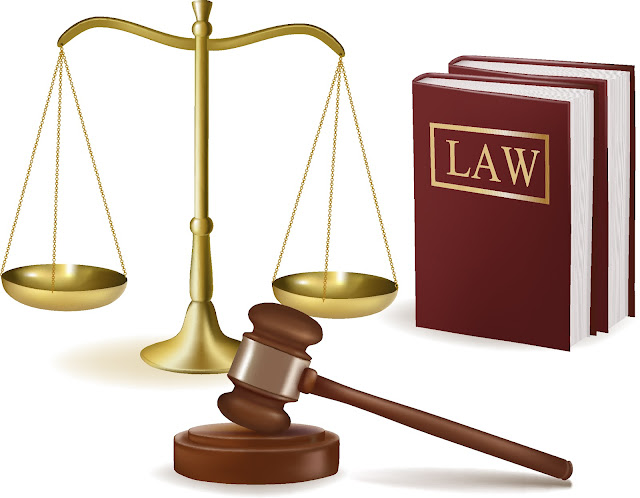In a legislative body, lawmakers are responsible for proposing and passing bills, which are then sent to the executive branch for approval or veto. Lawmakers must work collaboratively to draft legislation that reflects the views of their constituents and the needs of the country or jurisdiction they represent.
Lawmakers can come from various backgrounds and may have different priorities and agendas, but their primary responsibility is to serve the public interest and promote the common good. They must work to balance competing interests and find solutions that are in the best interest of their constituents and the country as a whole.
Lawmakers can have a significant impact on the lives of citizens through the laws they create and the policies they implement. They must be informed and knowledgeable about the issues they are addressing and be able to work effectively with their colleagues to achieve their goals.
In addition to creating laws and policies, lawmakers are also responsible for overseeing the actions of the executive branch and holding government officials accountable for their actions. They have the power to investigate government activities, conduct hearings, and pass resolutions calling for action or expressing opinions on important issues.
Overall, lawmakers play a critical role in shaping the direction of a country or jurisdiction, and their decisions can have far-reaching consequences for the lives of citizens. It is therefore essential that lawmakers take their responsibilities seriously and work diligently to promote the public good.
- What qualifications or characteristics should lawmakers have to be effective in their roles?
- How do lawmakers balance the needs and interests of their constituents with the greater good of society as a whole?
- How do lawmakers balance the competing demands of different interest groups and stakeholders when crafting legislation?
- What is the role of lawmakers in holding the executive branch accountable for its actions, and how do they ensure that government officials are acting in the best interest of the public?
- How can lawmakers work collaboratively across party lines to pass meaningful legislation and promote the common good, even in cases where there may be significant ideological differences or political polarization?
.jpeg)
Post a Comment